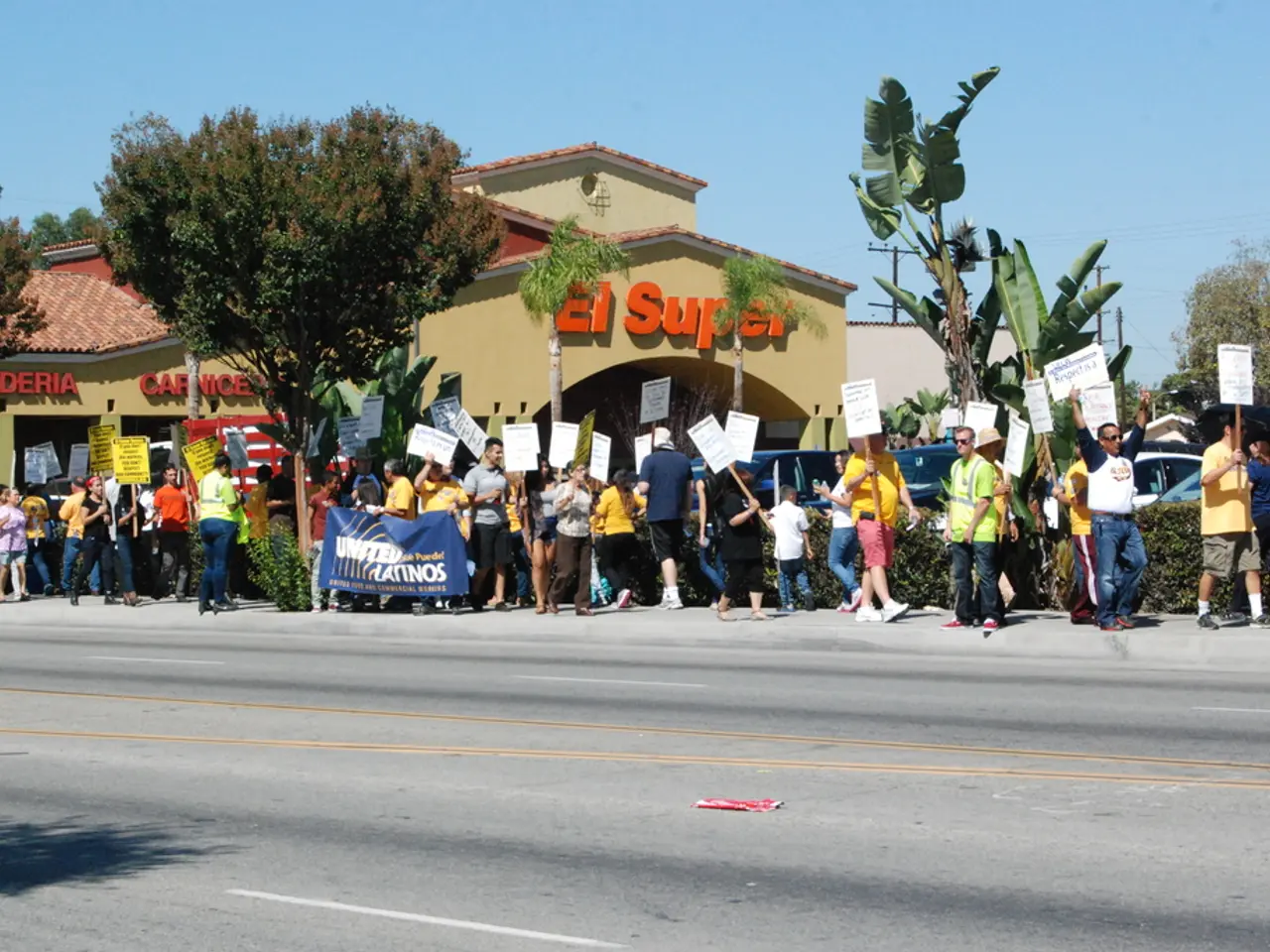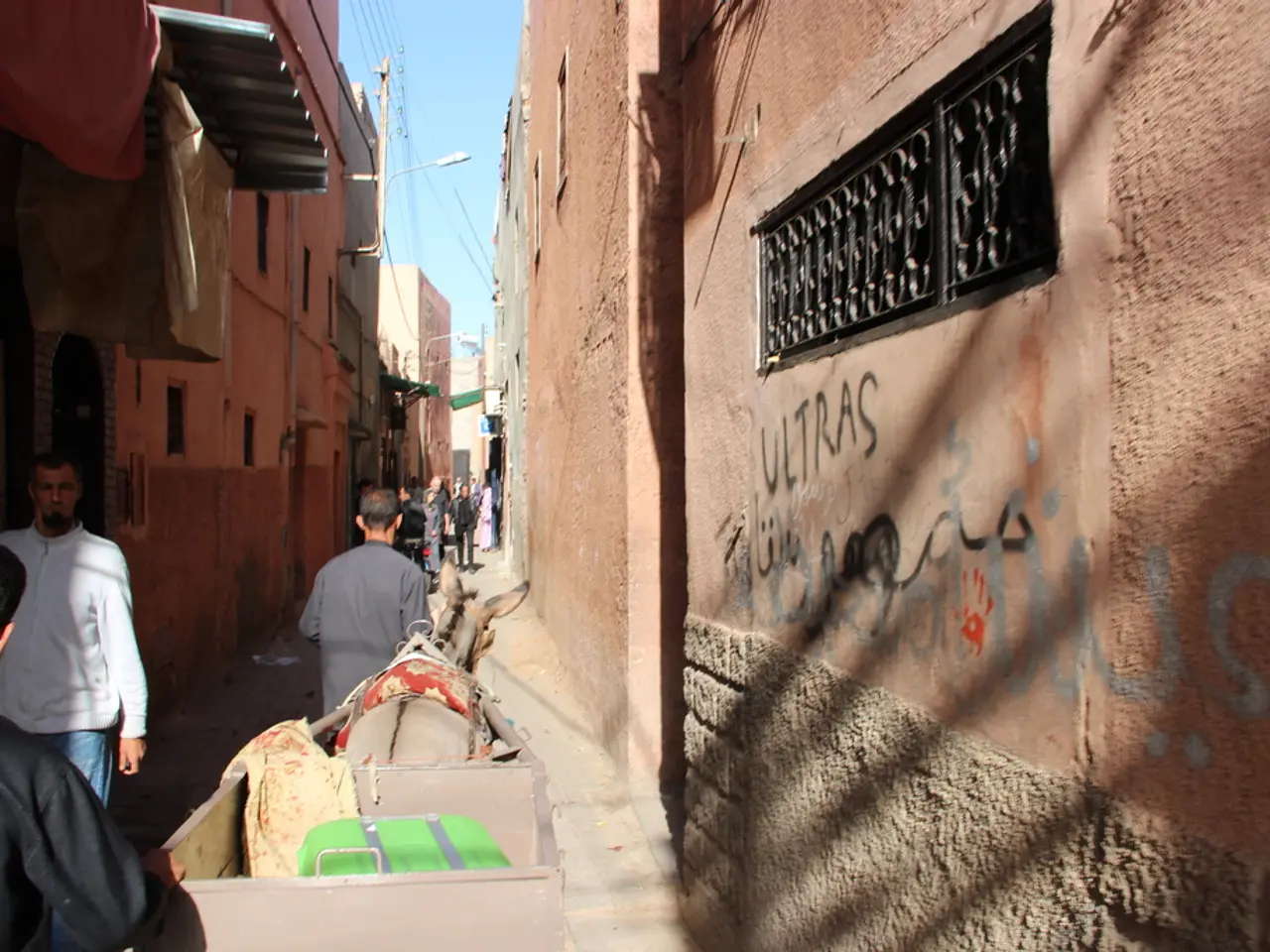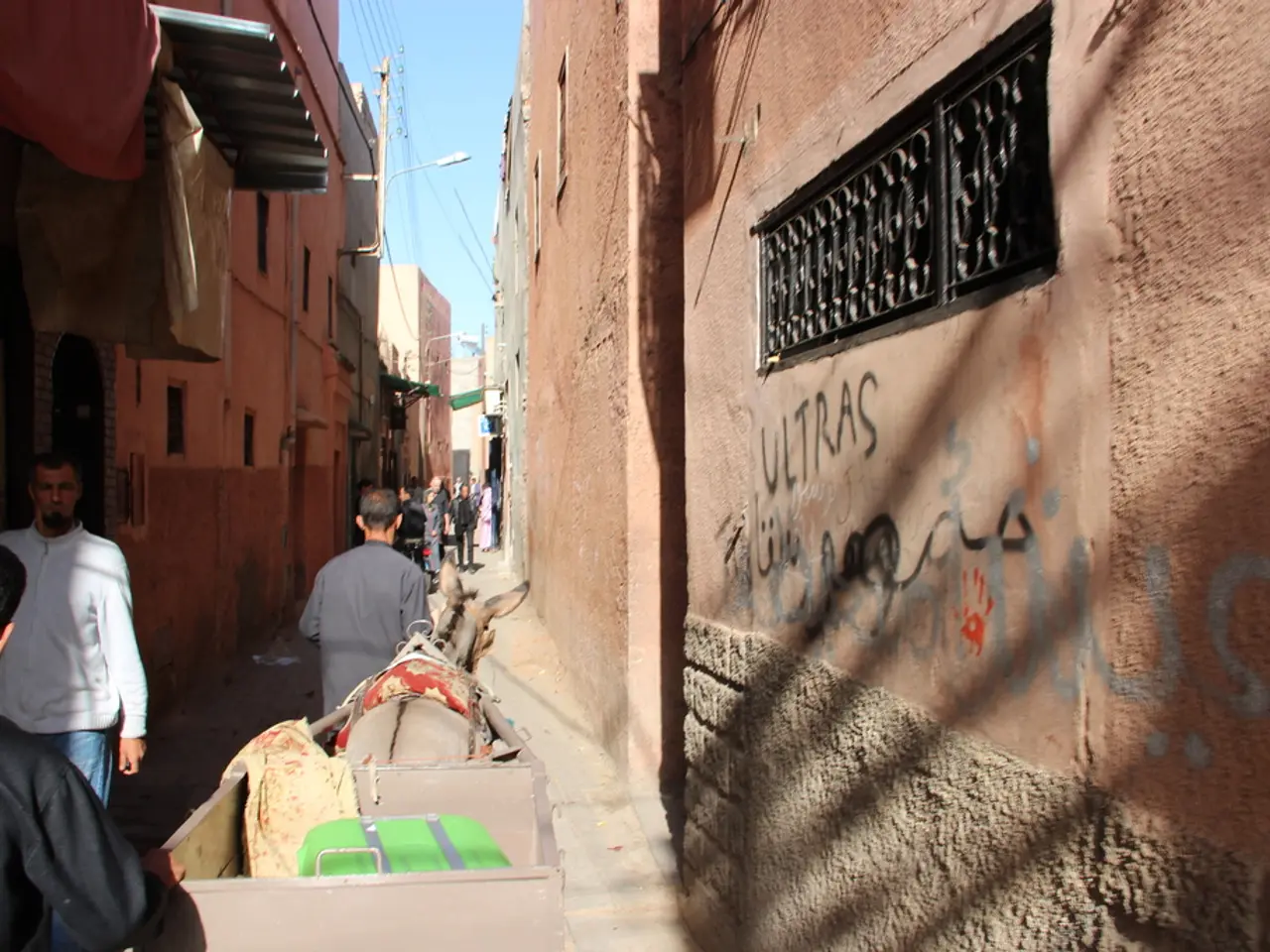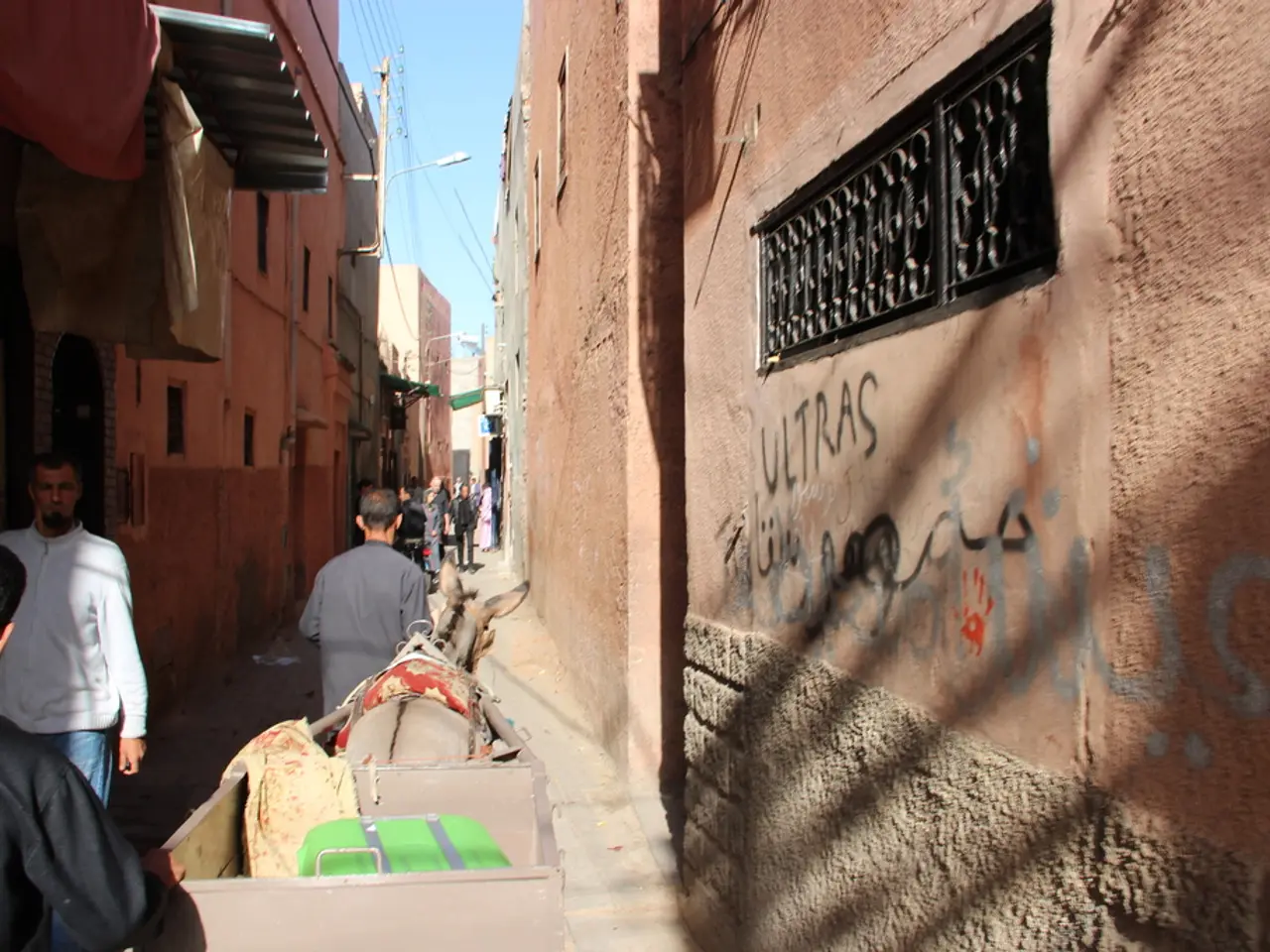Electoral body in the province vetoes proposal against declarations of candidate eligibility
In the upcoming elections in Buenos Aires, a significant issue has arisen due to the absence of explicit regulations governing testimonial candidacies. These candidacies, which are often symbolic and lack the intention of serving, pose a significant weakness in the electoral process.
Currently, there is no clear legal framework to define, control, or limit these candidacies. This lack of regulation creates opportunities for political manipulation, strategic use, and potential influence on elections without genuine democratic competition.
The absence of rules allows testimonial candidates to potentially affect the distribution of seats or votes, distorting representativeness. This undermines the transparency and fairness of the electoral process, as voters might be misled about the true intentions and commitments of candidates.
The Electoral Board, concerned about the lack of protection for voters in the Province of Buenos Aires, has identified a "legislative deficiency" that leaves voters unprotected from testimonial candidacies. They have offered to assist the Legislature in obtaining regulation similar to that of other countries to avoid testimonial candidacies.
Despite the concerns, the Buenos Aires Electoral Board has rejected a complaint against testimonial candidacies for the Buenos Aires elections on September 7. The Board highlighted that the practice is not illegal and cannot be observed a priori for that reason.
A lawyer, Silvina Martínez, presented a complaint aiming to impugn alleged testimonial candidacies for the elections on September 7. The lawyer cited several provincial officials, including Mariano Cascallares, Jorge Ferraresi, Mario Secco, and Fernando Espinoza, as examples of testimonial candidates.
In a related development, the Electoral Chamber is responsible for deciding if Cristina Kirchner can vote in the upcoming elections. A complaint has also been received from the prosecutor regarding Cristina Kirchner's eligibility to vote.
The role and requirements of polling officials in the upcoming elections have been defined. However, the eligibility of foreigners to be polling officials and the eligibility of an individual to be elected a polling official and not showing up for duty remain unclear.
The Electoral Board considers testimonial candidacies to be a "disvaluable" practice for the institutional system and ethically reprehensible. In light of this, a Radical Party senator has proposed a four-year disqualification for testimonial candidates.
Despite the challenges, the Board emphasizes that the principle of participation should prevail in the electoral process. There have been no changes decided for voting locations in La Matanza for the upcoming elections.
In summary, the main issue is the regulatory vacuum, which fosters electoral practices that can harm democratic integrity by allowing candidates who do not intend to effectively serve to participate without constraints, confusing voters and distorting election outcomes. The Electoral Board urges the Legislature to address this issue to ensure fair and transparent elections.
What is the Electoral Board urging the Legislature to address urgently, in order to ensure fair and transparent elections in the upcoming elections in Buenos Aires? The issue is the regulatory vacuum that allows practice of testimonial candidacies, which, being symbolic and lacking the intention of serving, pose a significant weakness in the electoral process and can distort representativeness, undermining transparency and fairness of the electoral process. (policy-and-legislation)
Regarding the lack of regulation surrounding testimonial candidacies, the Electoral Board considers this practice disvaluable for the institutional system and ethically reprehensible. To combat this, a Radical Party senator has proposed a four-year disqualification for testimonial candidates. (politics, general-news)








